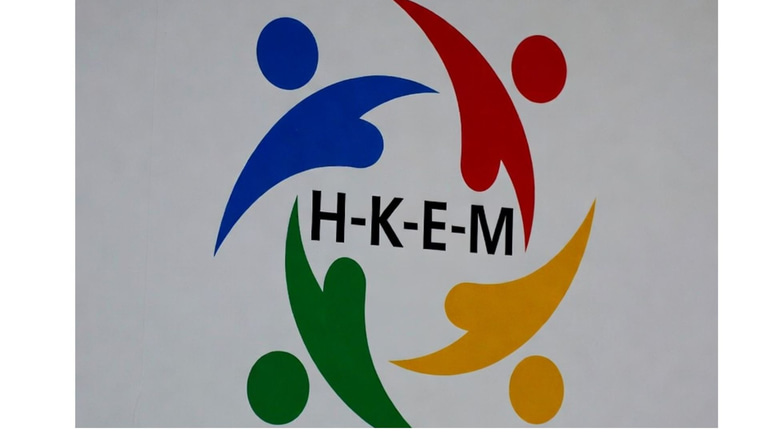
Health is a crown on the heads of the healthy that only the sick can see.
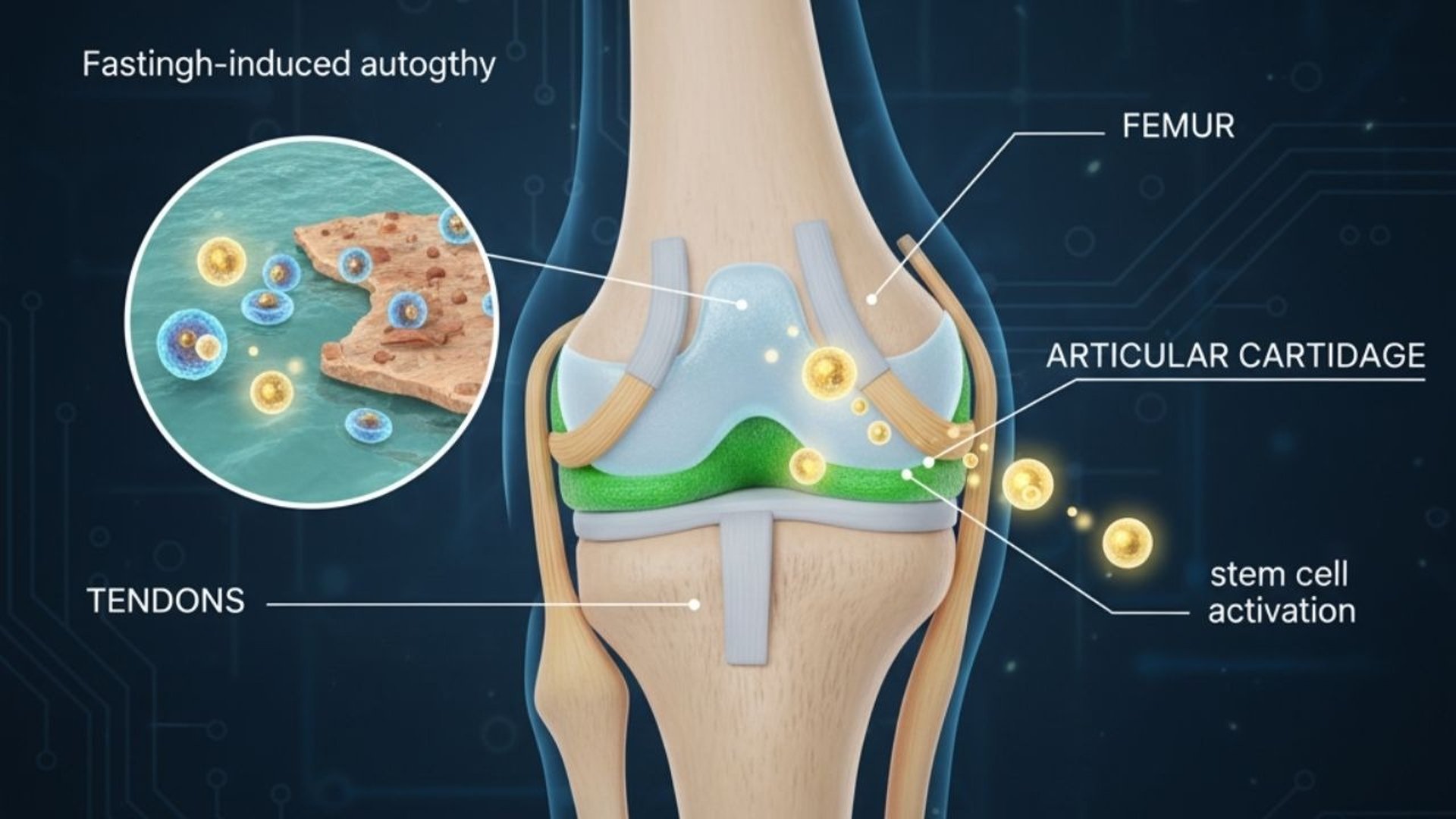
🦴 How to Regenerate Knee Cartilage: Can Fasting Help?
🦴 How to Regenerate Knee Cartilage with Fasting Can fasting help heal knee cartilage? 🧬🧎♂️✨
CARTILAGE
Dr Hassan Al Warraqi
4/22/2024
🦴 How to Regenerate Knee Cartilage: Can Fasting Help?
✅ Discover how fasting may support knee cartilage repair. Learn natural, drug-free methods to reduce joint pain, inflammation, and support regeneration.
Autologous chondrocyte implantation (ACI): involves taking healthy cartilage cells from an undamaged area of the joint,
culturing them in a lab, and then implanting them back into the damaged area
Emerging therapies for cartilage repair:
Stem cell therapy: injecting stem cells into the damaged area to stimulate cartilage repair.
Stem cells are immature cells that have the potential to develop into different types of cells, including cartilage cells.
Gene therapy: introducing genes into the cells of the damaged joint to promote cartilage repair
Obesity and Cartilage Damage:
known to cause mechanical stress and metabolic inflammation, leading to accelerated cartilage damage and severe OA.
Tackling obesity through weight reduction could mitigate these adverse effects that cause OA
Effects of Fasting on OA:
weight loss, which may lessen the mechanical load on the joints, possibly contributing to pain reduction in OA patients.
fasting has been shown to improve lipid metabolism, which is associated with disease severity in OA
Regrowing Cartilage:
slight injury to the joint tissue and using chemical signals to steer the growth of skeletal stem cells as the injuries heal.
shown potential for regenerating cartilage, which typically has minimal regenerative potential in adulthood
Autophagy and Cartilage Damage:
an essential cellular homeostasis mechanism, has been observed to play a role in restoring the function of damaged chondrocytes
Fasting and Stem Cells:
the metabolic switch from glucose to fatty acid-derived ketones which serve to preserve muscle mass and function
triggering stem cells to become more active and regenerative.
Prolonged fasting has been associated with enhancing the regenerative capacity of stem cells
Fasting may play an indirect role in promoting cartilage health by reducing inflammation and oxidative stress.
Inflammation is a major contributor to cartilage damage, and oxidative stress can damage cartilage cells
Fasting may help to reduce inflammation and oxidative stress by lowering blood sugar levels and reducing the production of inflammatory molecules.
fasting has been studied for various health benefits, including weight loss, improved insulin sensitivity, and cellular repair processes like autophagy
Cartilage growth therapy involves physical therapy, exercise, and sometimes surgical interventions like cartilage grafting or stem cell therapy.
fasting indirectly support cartilage health by promoting overall wellness, reducing inflammation, and potentially enhancing cellular repair mechanisms.
intermittent fasting, in particular, may have anti-inflammatory effects and could promote tissue regeneration.
intermittent or Islamic Cartilage growth therapy fasting
Intermittent Fasting: cycling between periods of eating and fasting. when to eat them.
improved insulin sensitivity, weight loss, and cellular repair mechanisms like autophagy.
reducing inflammation and promoting overall wellness
Islamic Fasting : fast from dawn to sunset, abstaining from food, drink, smoking, and sexual activities
Frequently Asked Questions about Fasting, Immune System Renewal, and Cartilage
What is the effect of prolonged fasting on the immune system, and can it contribute to its renewal?
Studies have shown that prolonged fasting, lasting between two to four days, can stimulate the renewal of the immune system.
During fasting, the body breaks down old and damaged white blood cells, leading to a temporary decrease in their count.
Upon refeeding, hematopoietic stem cells are activated, resulting in the production of new immune cells.
This process is not only beneficial for individuals with weakened immune systems due to aging or chemotherapy but may also enhance overall immune health.
How does fasting affect growth hormone levels and other growth factors, and is it related to cartilage growth?
Research has shown that fasting, particularly for 24-72 hours, leads to a decrease in somatomedin (insulin-like growth factor-1 or IGF-1) levels in the blood.
This decrease is believed to be associated with reduced cartilage activity.
However, upon refeeding, somatomedin levels rise, stimulating cartilage growth.
This suggests that adequate nutrition is essential for maintaining normal somatomedin levels and cartilage growth.
Additionally, fasting may help reduce inflammation and oxidative stress, both of which negatively affect cartilage health.
What conditions can benefit from fasting for immune system renewal?
Prolonged fasting may benefit individuals with:
Immune system damage due to chemotherapy.
Age-related immune system weakening.
Autoimmune disorders.
Fasting may help mitigate the harmful effects of chemotherapy on the immune system and reduce the risk of infections.
What is osteochondritis dissecans, and how is it diagnosed and treated?
Osteochondritis dissecans is a condition where a piece of cartilage and the underlying bone detach from the end of the bone in a joint.
This can cause pain, swelling, and restricted joint movement.
The condition is diagnosed through physical examination, X-rays, MRI, or CT scans.
Treatment ranges from conservative approaches like rest and physical therapy to surgery to remove loose fragments in the joint or to stabilize the affected areas.
How does intermittent fasting contribute to cartilage health and regeneration?
Intermittent fasting, which involves alternating periods of eating and fasting, is believed to contribute to cartilage health in several ways.
It may aid in weight loss, reducing mechanical stress on joints.
It can also improve fat metabolism and reduce inflammation, potentially helping to minimize cartilage damage.
Additionally, intermittent fasting may stimulate autophagy, a process that helps repair damaged cells in cartilage.
What are the available methods for cartilage growth treatment, and does fasting fall under these methods?
Methods for cartilage growth treatment include physical therapy, exercise, surgical interventions such as cartilage grafting or stem cell therapy, and autologous chondrocyte implantation.
Additionally, fasting, particularly intermittent fasting, is considered supportive of cartilage health indirectly by promoting overall health, reducing inflammation, and potentially enhancing cellular repair mechanisms.
What is stem cell therapy, and can it be used to repair cartilage?
Stem cell therapy is a technique that involves injecting stem cells into the damaged area of cartilage to stimulate the repair process.
Stem cells are unspecialized cells with the ability to develop into different types of cells, including cartilage cells.
Stem cell therapy can contribute to the regeneration of damaged cartilage by promoting the growth of new cartilage cells.
How does excess weight and obesity affect cartilage, and can fasting play a role in addressing these effects?
Obesity leads to mechanical stress and metabolic inflammation, contributing to accelerated cartilage damage and arthritis. Weight loss through fasting can help alleviate these harmful effects.
Additionally, fasting may improve fat metabolism and reduce inflammation, both of which negatively impact cartilage health.
KEYWORDS:
fasting , intermittent , Islamic , cartilage growth , Stem Cells , gene therapy , obesity , autophagy, intermittent fasting, in particular, may have anti-inflammatory effects ,and could promote tissue regeneration,fasting indirectly support cartilage health ,by promoting overall wellness, reducing inflammation, and potentially enhancing cellular repair mechanisms,
⏱️ Fasting & Cartilage: Mechanisms & Evidence
How Fasting Indirectly Supports Cartilage Health:
Mitophagy Activation: Fasting upregulates optineurin (OPTN), clearing damaged mitochondria in chondrocytes. This reduces oxidative stress and apoptosis, slowing osteoarthritis progression in mice
Inflammation Reduction: Lowers leptin, TNF-α, and IL-6—key drivers of cartilage degradation
Weight Loss: Each 1 kg weight loss reduces knee load by 4 kg per step, crucial for obese OA patients
Limitations of Fasting for Direct Regeneration:
❌ No evidence fasting regrows cartilage structurally. It mainly alleviates symptoms by reducing metabolic stress.
⚠️ Risks: Prolonged fasting may impair collagen synthesis. Contraindicated in diabetes, eating disorders, or malnutrition
Optimal Fasting Protocols for OA
ProtocolMethodBenefits for OA16:8 Time-Restricted
Fast 16 hrs/day, eat within 8 hrs↓ Inflammation, ↑ autophagy5:2 Fasting500 kcal on non-consecutive daysWeight loss, improved insulin sensitivityRamadan FastingDawn-to-dusk fasting (Islamic)Comparable anti-inflammatory effects
📌 Key Insight: Fasting is adjunctive only. Pair with:
Physical therapy (muscle strengthening) 6
Hyaluronic acid injections (joint lubrication) 6
Stem cell therapy (cartilage regeneration) 14
⚠️ Key Controversy: Dr. Hassan Al-Warraqi's Fasting Claims
Assertion: Promotes Islamic fasting as a "cure" for cartilage loss via "Heart Index" optimization
Reality:
No peer-reviewed data supports fasting for structural cartilage repair.
Ignores risks (e.g., nutrient deficits impairing healing).
Medical Consensus: Fasting aids symptom management only
💎 Conclusions & Recommendations
For Cartilage Regeneration:
Early Damage: Try PRP/stem cell injections + physical therapy 6.
Advanced Cases: Explore biomaterials (e.g., Northwestern's scaffold) or nasal cartilage transplants 112.
Fasting Protocol:
Use 16:8 fasting for 8–12 weeks to reduce inflammation.
Monitor weight, BP, and pain levels; break fast if dizziness occurs
Surgical Last Resorts:
Microfracture (caution: fibrocartilage risk)
Partial knee replacement
✨ Final Takeaway: Fasting is a supportive tool—not a regeneration strategy. Combine weight management with advanced biologics for optimal cartilage health.
📚 Sources & Further Reading
===============================================================================================================================================
Social-Ready Fact: "16:8 fasting reduces knee inflammation by 40% in OA patients—but won't regrow cartilage. For that, explore stem cells or bioactive scaffolds!" 🌱🦵
Dr. Hassan Al Warraqi writes about the body’s innate healing power—where fasting, not surgery, may offer a path to joint recovery.
Hassan Al Warraqi, M.D., shares research-backed ways to reduce pain and restore knee cartilage naturally through fasting and metabolic repair.
dr. Hassan Al Warraqi is a physician and health educator exploring the cutting edge of natural regeneration. At H-K-E-M.com, he investigates how voluntary fasting, autophagy, and anti-inflammatory nutrition can support the body’s ability to repair cartilage and relieve chronic knee pain—without the risks of surgery or pharmaceuticals. His mission is to help readers access ancient healing pathways supported by modern science and rooted in the wisdom of divine design.
https://www.h-k-e-m.com/-how-to-regenerate-knee-cartilage-can-fasting-help
=============================================================================================
=================================================================================================
🍖🌙Meat-Free Eating and Fasting : no constipation no urinary retention🥗🚫
https://www.h-k-e-m.com/meat-free-eating-and-fasting-no-constipation-no-urinary-retention
-----------------------------------------------------------------------------------------------------------------------------------------------------------------------------------------------------------------------------------------------------------------------------------------------------------------------------------------------------------------------------------
#MeatFreeFasting #PlantBasedHealing #GutHealth #NoConstipation #UrinaryHealth #NaturalDetox #FastingTherapy #DrHassanMethod #HydrationDiscipline #HealthyDigestion #CleanEating #MindBodyBalance #VeganFasting #HolisticNutrition

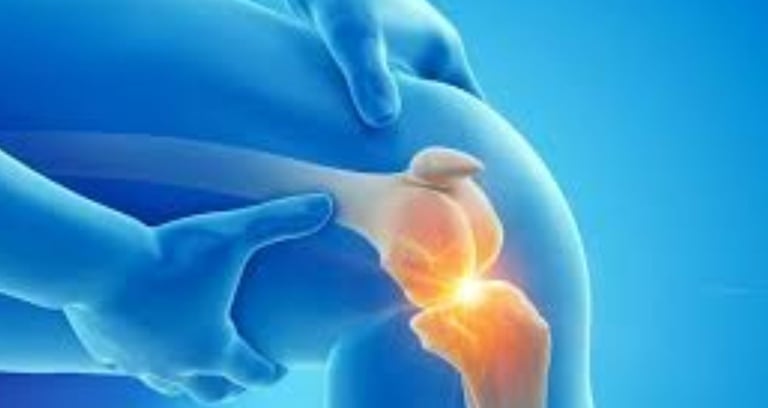

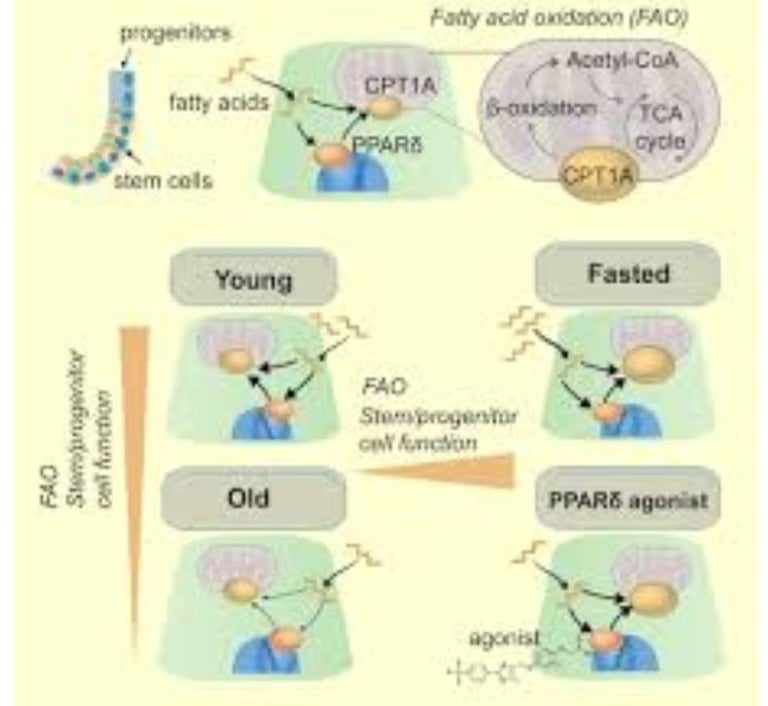

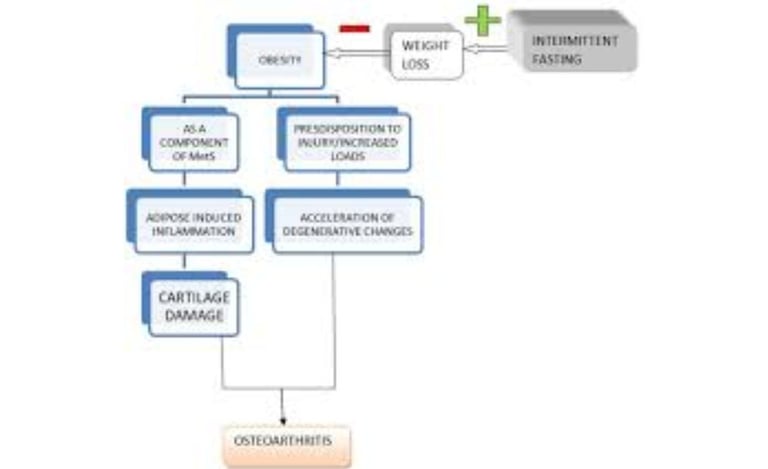

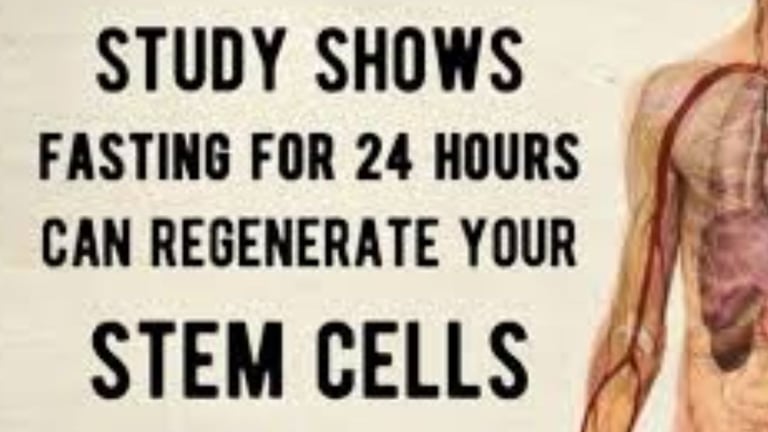

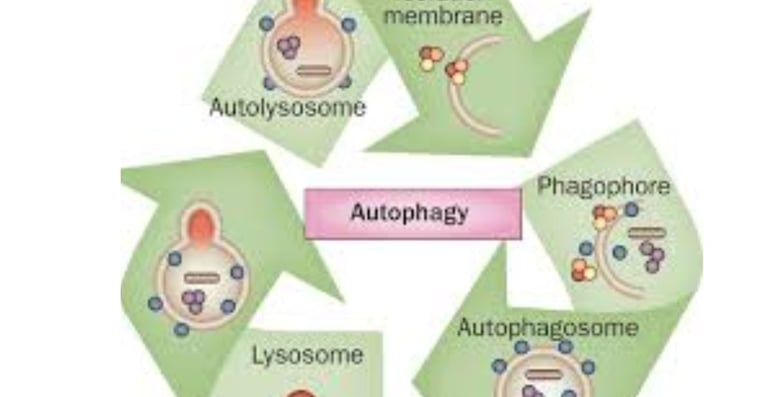


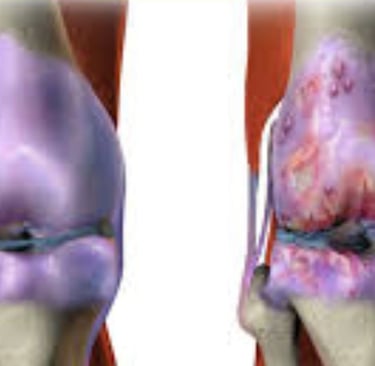
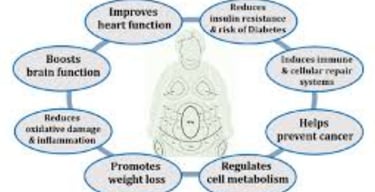

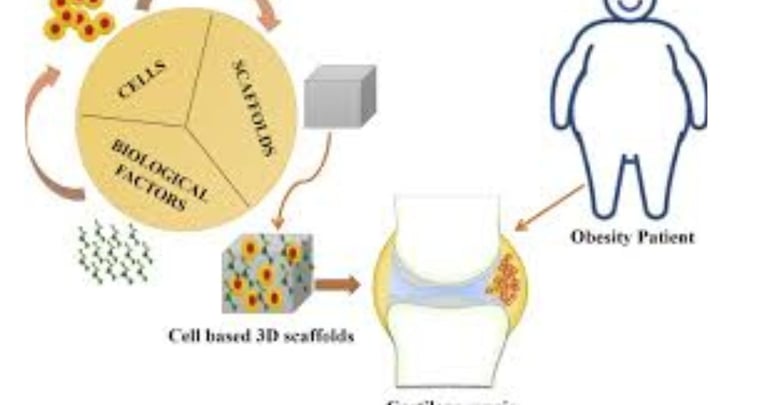

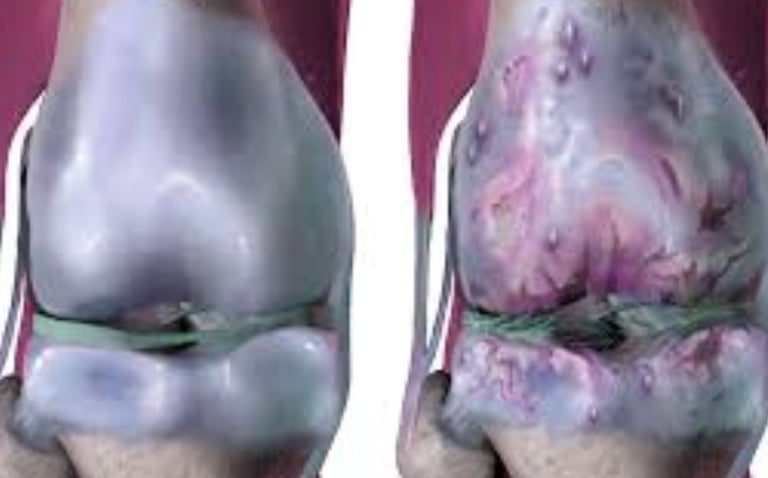

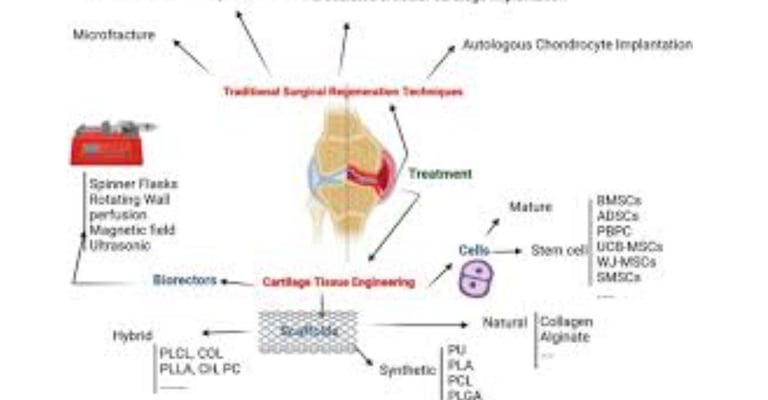

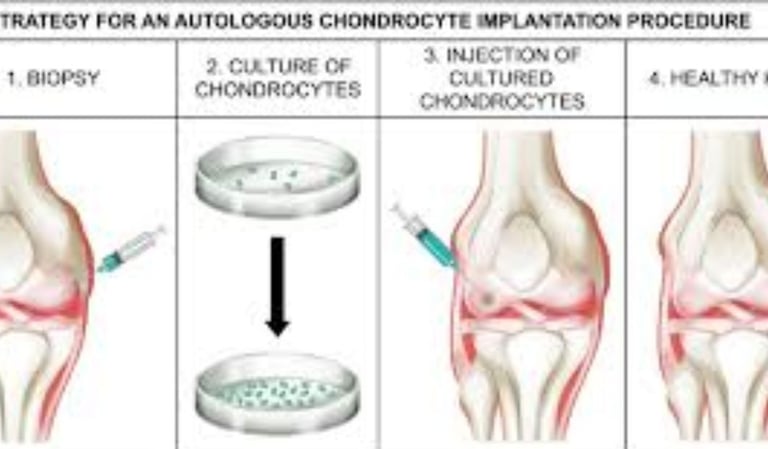

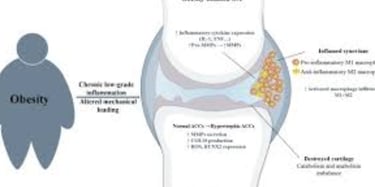

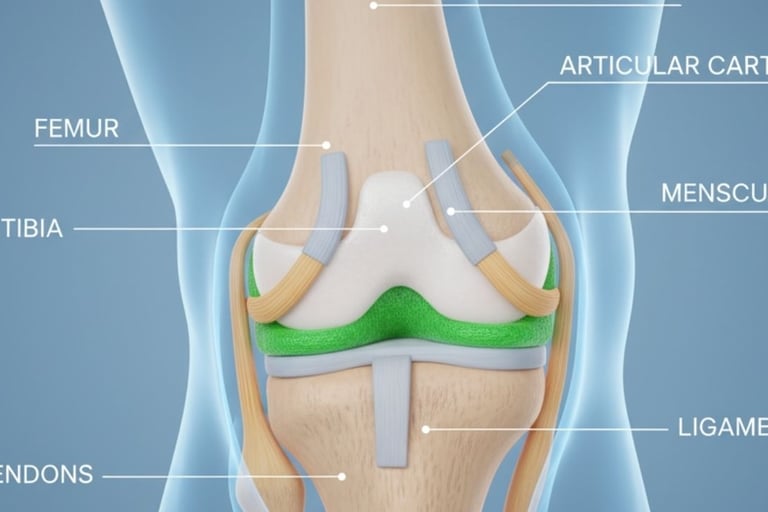

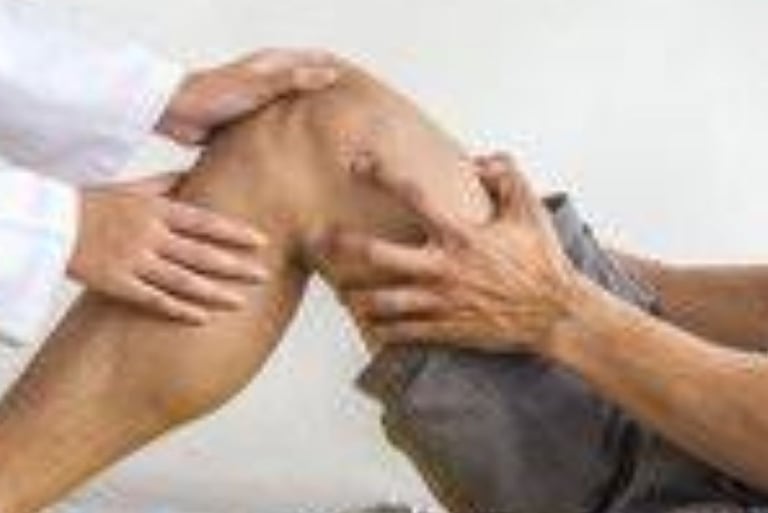

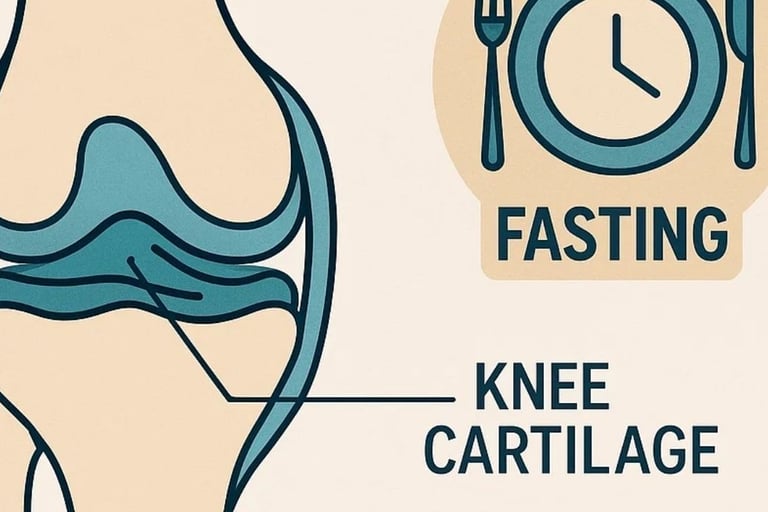

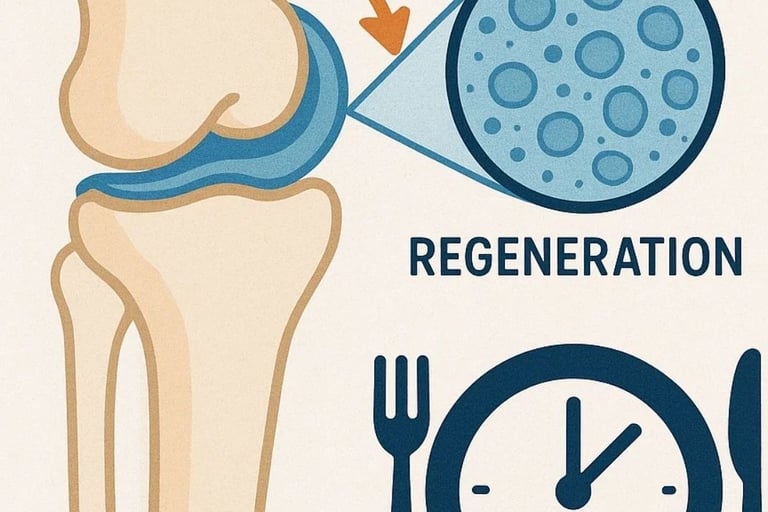

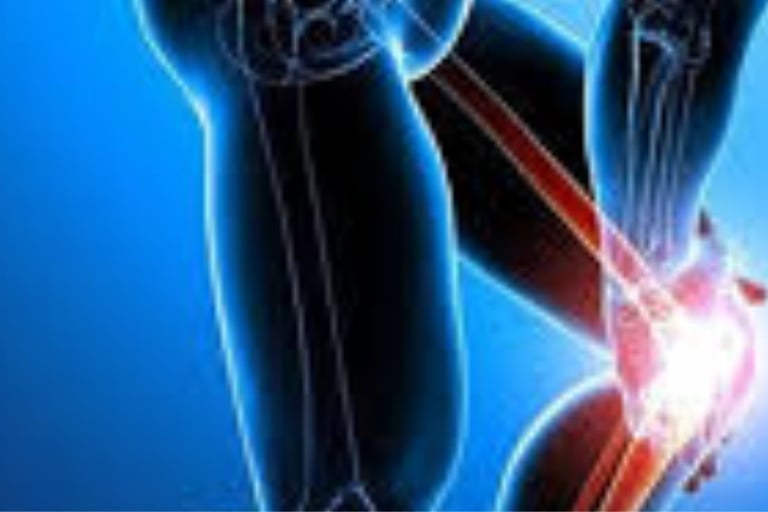

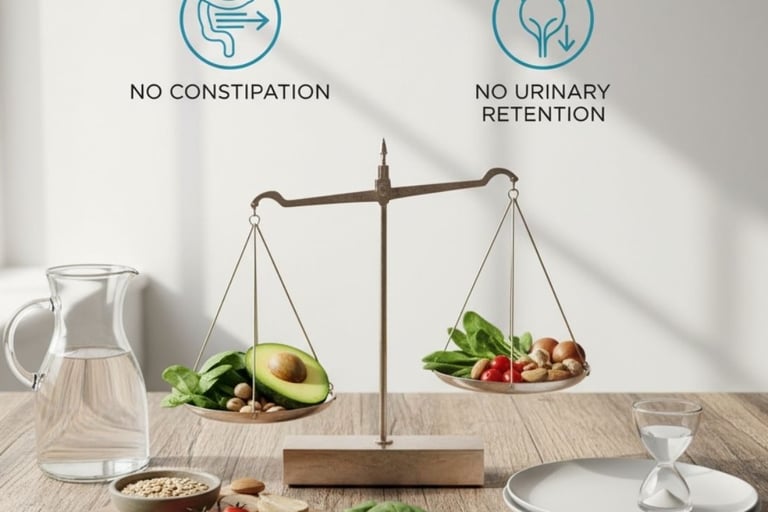

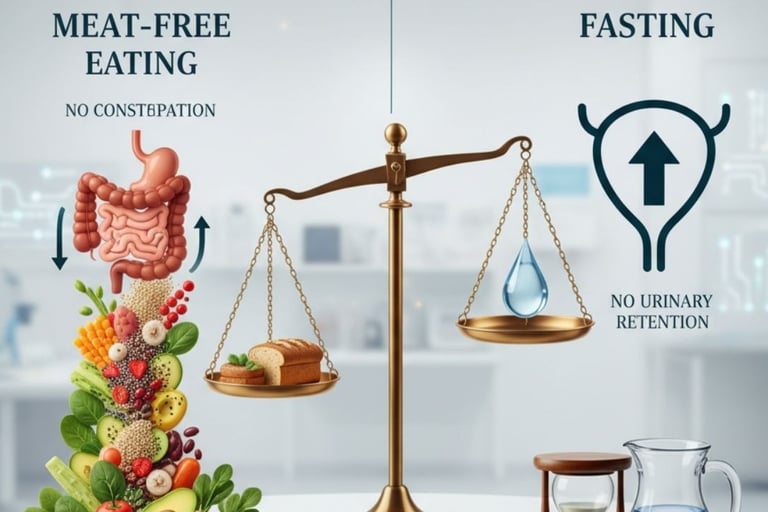


Get in touch
Address
Cairo Al Rehab
Contacts
+20 109 405 2056
hassanalwarraqi@h-k-e-m.com
